What was the happiest memory for you as a child?
Or, if you’re a parent; What was something you loved to do, really loved to do, that you don’t let your own children do?
Was it out playing with your friends? Some of mine were kicking a ball around, scoring a goal, bmx’ing, wide games around the village until it was dark – but what about you?
Did you go on adventures?, play make believe, create stories, hide and seek?
I know when I stopped playing, it was when free play was sacrificed for ‘paid’ playing, and academic work at school took more focus, and even ‘fun’ stuff was in the supervision of adults, whether it was the church youth group, swimming club or scouts. Fun free play was reserved for Saturdays.
Even looking back to my own experience I can notably remember how focussed and serious I had to become, (this was mostly a survival thing), fun felt frivolous, and achieving was more important. But I do know that I had a good few years of free play, in the parks, on bikes around the roads, and on other times I went on bike rides alone.
As a youth worker I would create ‘fun’ activities, like games that were meant to ‘help’ young people to learn something, like communication or team building, it was forced, it was cringe, and I felt uncomfortable doing it, it was if this kind of ‘fun’ in a scheduled supervised controlled way was what was expected of ‘Christian youth group’ - what did it do – create compliance, not creativity. It was ‘fun’ but almost like how adults have ‘fun’ , or how I had ‘learned’ to teach fun.
That world is gone, isn’t it.
Well, it isn’t quite. But maybe it has been gone for a while.
I noticed it when I was a detached youth worker in Perth from 2006 onwards, it was gone then. There was barely any children under 11 out kicking a ball around the parks, playing on swings or being in groups around. Yes, there were older ones in town, gathering to, well, gather at times, and because it was fun/dangerous/a place to drink – but the sight of young people, especially younger ones at a park was rare, and if it happened there would be a reaction that ‘they seemed young’ or ‘might there be a problem’ or ‘is there a risk that this child is out playing?’
I also noticed it as it was something that felt uncommon for my own kids to do, it was even more difficult when Nintendo DS’s were pleaded for and then purchased, CBBC programmes encouraged kids to play and ‘go outside’ and explore, on planes or adventures, yet held the attention of kids to ‘stay inside’
Yet in a fascinating way, being a detached youth worker also meant being in a space as an adult in which then loose supervision occurs, for if young people were desperate to be away from adults, for their own good and choice, then detached work could often send these young people to the more marginal hidden areas, or somewhere else. Yet, it was also par for the course that I would want to have ‘engagement’ with young people in this way, it might’ve been better not to be there at all, be even less visible.
Many more park benches were empty than they were full.
Even in more recent experiences, there was a growing reduction in young people accessing the ‘MUGA’s’ or imported football games that were in parks, even in the more ‘poorer’ areas where football was regular and common for endless months and weeks.
One of the things that has shrank in the last 20 years is the space for children to play, play unsupervised and unstructured, whether this is in the park, in schools, in youth clubs or in churches – completely across the board. Unstructured play is out, subscription adult supervised clubs are in. YES THIS IS NOT ROCKET SCIENCE, I AM STATING THE OBVIOUS.
And it has been lost at a cost. A serious one.
Play is good for children. I’ll rephrase this. Play is almost hard wired into every child. It’s as human an activity as the proverbial chimp baby exploring the wildness of the jungle floor. Play is creativity, play creates community, play encourages emotional and social development, not just physical, play is also good for brain development, play encourages learning and also attention… play is learning.
Imagine being a child growing up in a world in which your entire day, from 7am to 8pm is directed by nothing you want to do, but by what adults want you to do? How do you find meaning in this? in always doing what someone else finds important? If you aren’t given the opportunity to freely discover the moments of joy and happiness, or adrenaline or spark – then is it likely that you’re going to find meaning?
Might this be a reason why the early twenties/late teens of today are generation sensible? The Nintendo DS generation?
There is no difference between the glazed over face of the addicted gambler on the fruit machines of vegas to the Childs eyes on their electronic screens, and mine are the same too on the BBC sport live text feed, or something similar. It’s not just children, it is all of us.
However, once we realise this; What might it mean then, as educators, youth workers, parents even, to let ‘children play’?
Maybe there are more schools than I have experience of or research of that are encouraging ‘free play’ – so thats good , and groups like www.letgrow.org are pilotting free play time in the school days and evenings, with remarkable results. More at this article here
Play is something we grew out of as adults, but as adults we could now have the choice to help children grow back into, even if there are what feels a million pressures and voices fighting against the urge. The world is far far safer, and cleaner (thanks to unleaded petrol) than it was in the mid 1980s let alone the 1960s.
The book I am reading at the moment (Stolen Focus, Johann Hari, 2022) is not the first one to be reminding me of the need for play, but it is revealing to me the limiting and worrying effects on children by their lack of free play, such as imagination, creativity, attention and also becoming self masters and competent.
It often felt risky just to let young people have space to be. It was if they couldn’t be trusted. Yet it would be no surprise when they were asked ‘ what do you want to do this term?, was greeted with ‘nothing’.. young people organised and shepherded all their lives are going to struggle to believe that they can have a voice, an opinion about what they want , and have it believed. So why bother. It’s what they were used to.
The opposite of this is the example in ‘Poverty Safari’ where young people who do say ‘they want a place to go and chat’ have this place sanitised, commodified and evaluated for its soft skills and employability. (if the youth club is still open)
Im reminded in a bizarre way of the story of Dibs, in Dibs and the search for Self. In this treasure of a book, Dibs is ‘given’ all the toys in the world, but only strict/cold parenting, is locked in a basement, full of toys, and displays behaviour that reminiscent of a caged animal when at school, angry, lashing out, distracted, unfocussed. The account, written by Virginia Axline shows how a safe space to play, with no judgement, no paternal guidance, gave Dibs the opportunity to draw, create, play and show significant intelligences and awareness throughout. I wonder, and it may be a huge leap – but this story showed how much both parents and children needed to be supported to understand how to love and communicate. I wonder, 60 odd years later, what it might mean for instead of being locked and trapped in rooms with toys, the forces that dictate and shape ‘play’ and ‘parenting’ are the tech companies, whose prime motivation is maintaining attention (and making money from such attention).
One American study found a diminishing locus of control among children, meaning they increasingly feel their lives are being determined by others.
Rutger Bregman, Humankind, 2020
You can’t teach creativity, you have to let it blossom
Peter Grey, 2013 (The Play Deficit)
The flaws in the world, in regard to giving children time and the opportunity to play are largely those we have created and permitted to be created. Children and Young people have needs, they also have gifts too. It is our job as parents, as educators to create environment where these needs can be met, and their tiny steps of creativity can be fertilised, and blossomed.
There might be a reason why ‘the box’ more than the toy inside the box is more fun for a child, that box has open space and creativity, it could be a hiding place, a den or a fort, it could have wheels, it could house teddy bears. Trust me, I used to hate this, when as parent id spent £xx on a toy, and had expectations of how it was about to bring joy, it did, eventually, maybe in mid January, but the box captivated in the immediate.
The very creativity that a child hasn’t been able to develop, might be the very thing the next generation needs.
If Depression is the number one disease (according to WHO) – then our biggest shortfall isn’t in our bank account, or budget sheet, but inside ourselves. It’s a shortage of what makes life meaningful. A shortage of play. (Bregman)
Children learn best when left to their own devices, what could we do in 2024 to push for more play spaces, to push against the tide of the dominance of the screen on play time. What might you and I do as adults to embrace play in our own lives? That free play once again?
What might we (youth workers, family workers, community workers, parents, teachers) do to provide where possible ‘free’ play space, trusting it and giving children and young people this valuable space? What might this look like, and the benefit of this be into 2024..?
References
Stolen Focus, Johan Hari, 2022
Humankind, Rutger Bregman, 2020
Dibs in search of self, Axline 1964
Poverty Safari, Darren McGarvey, 2017
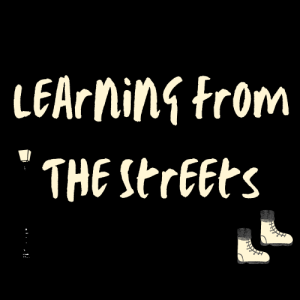
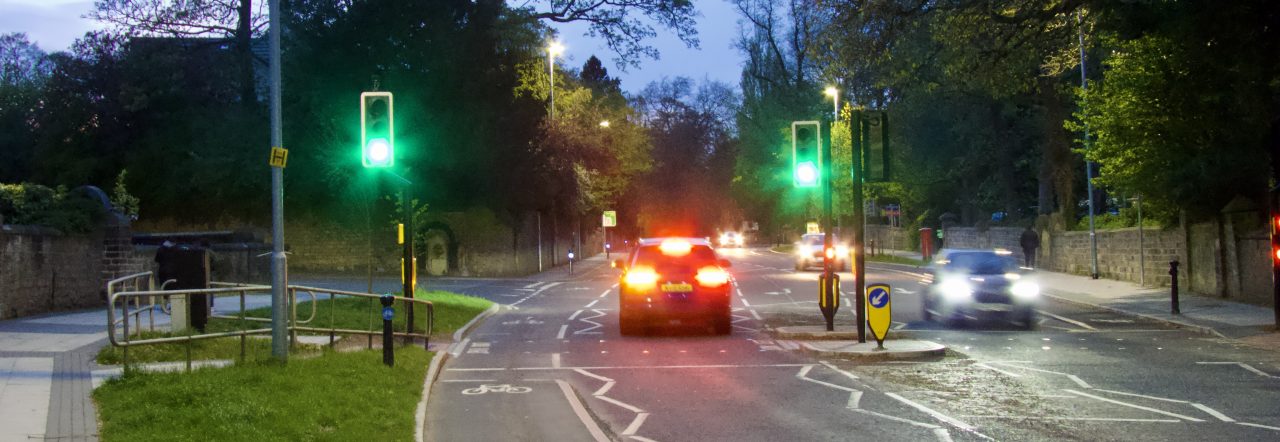
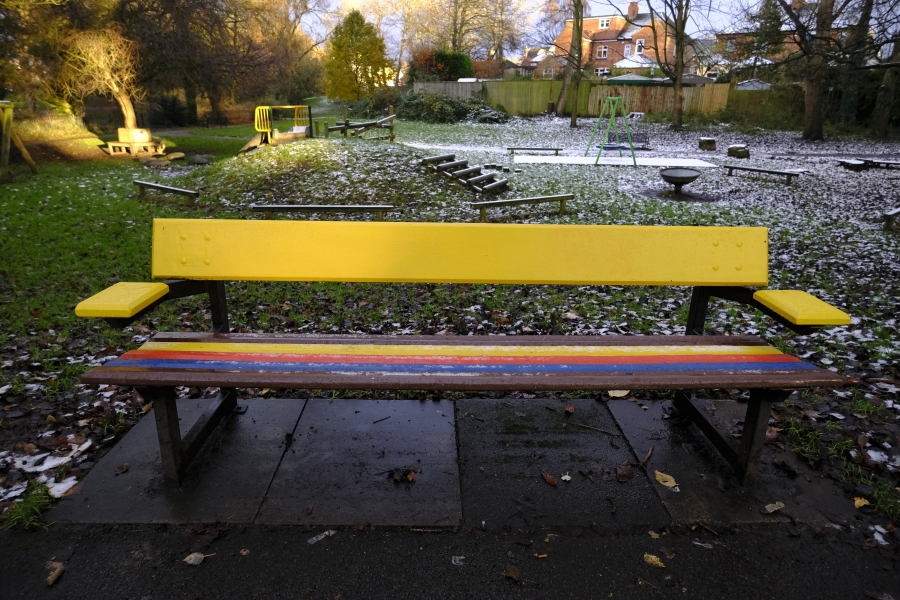
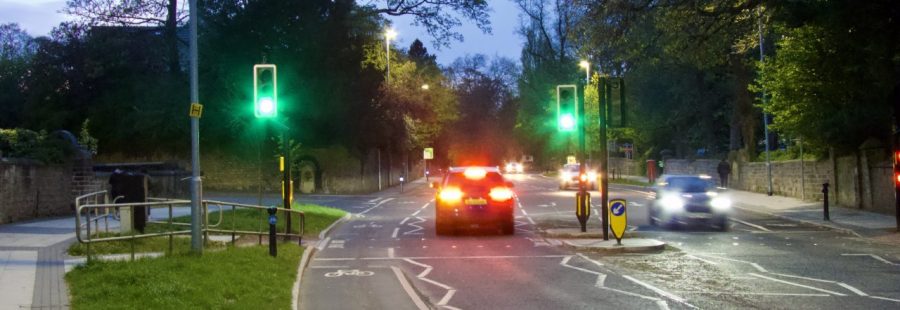
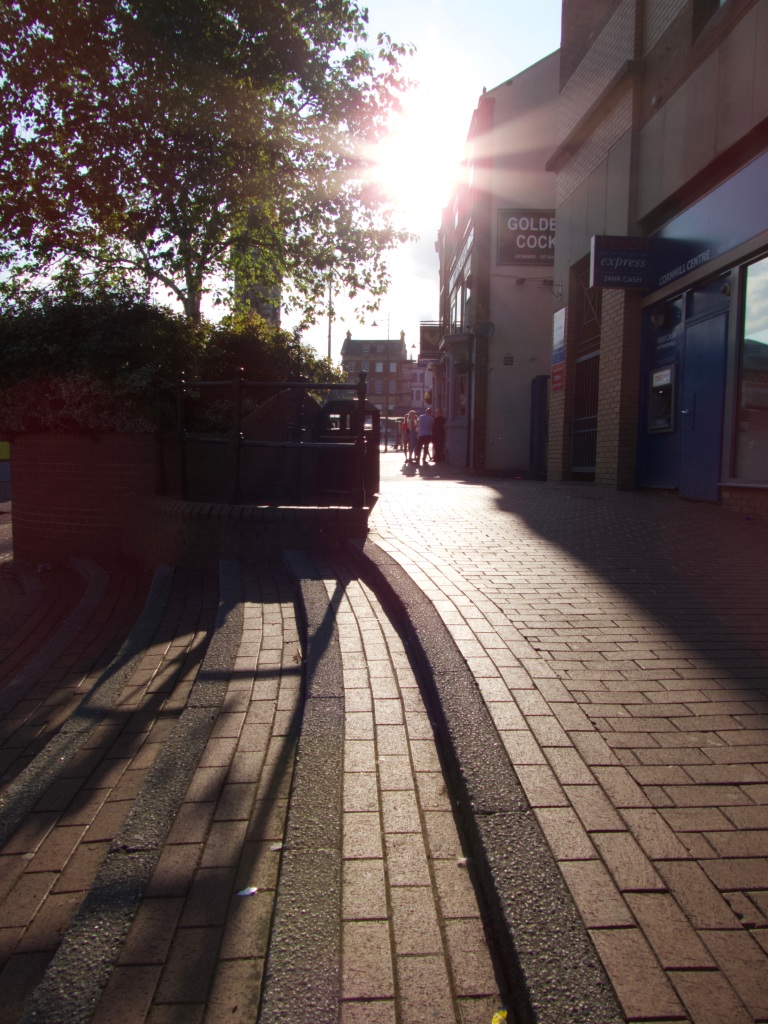

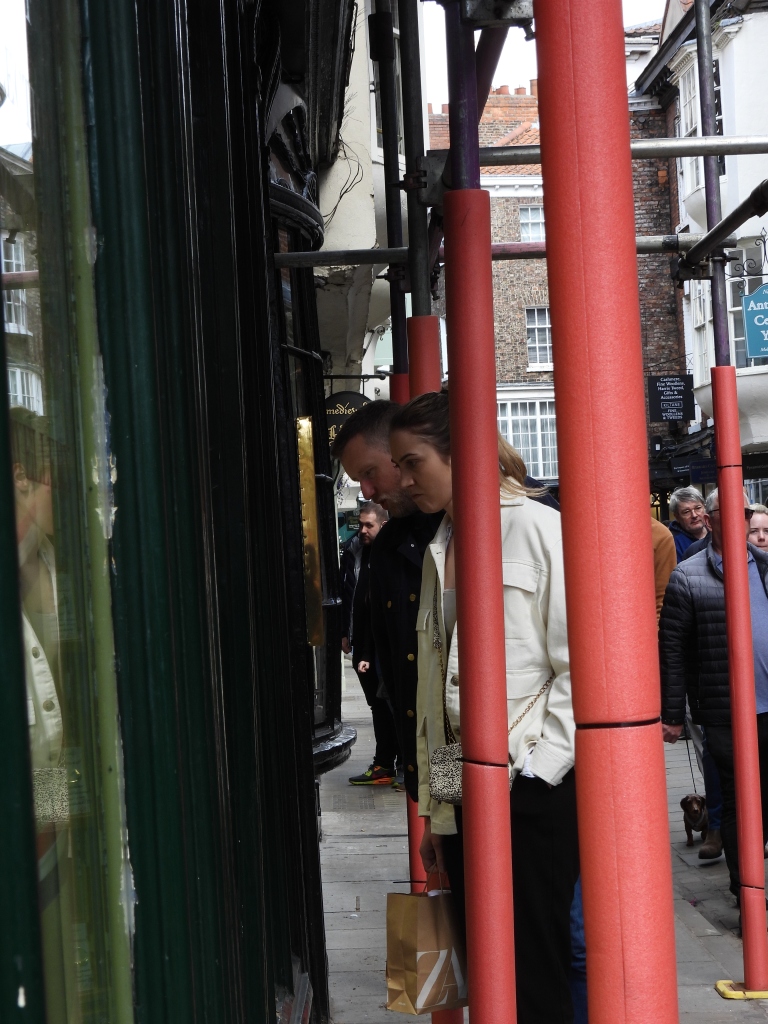
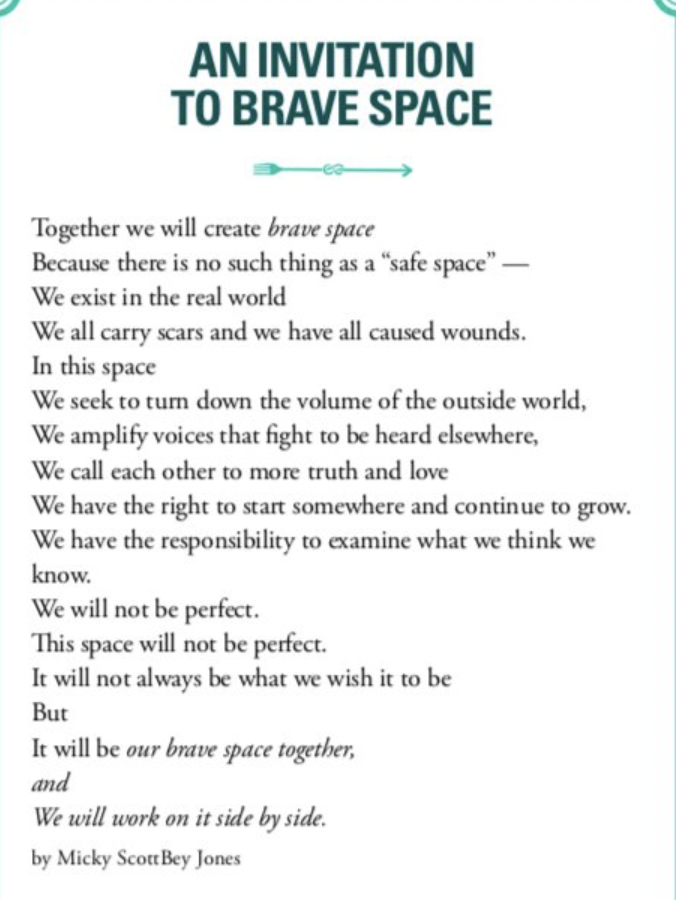
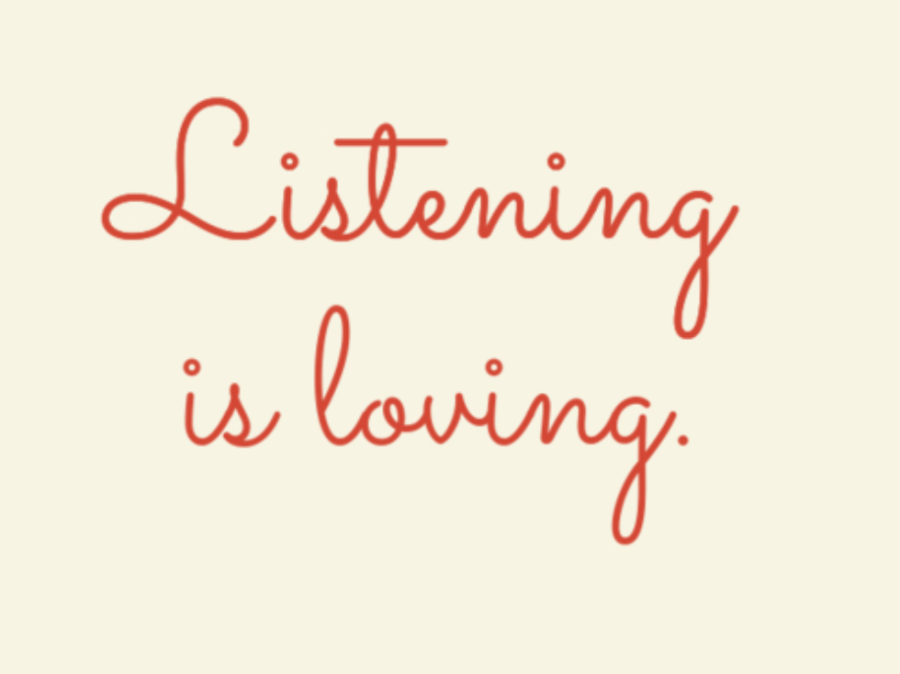
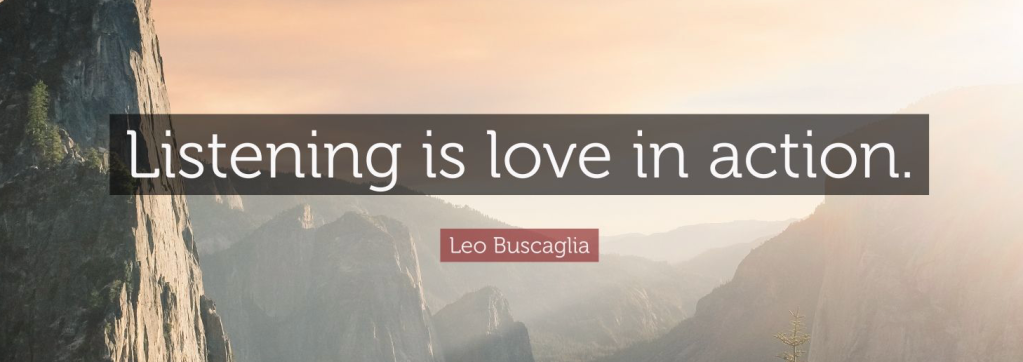
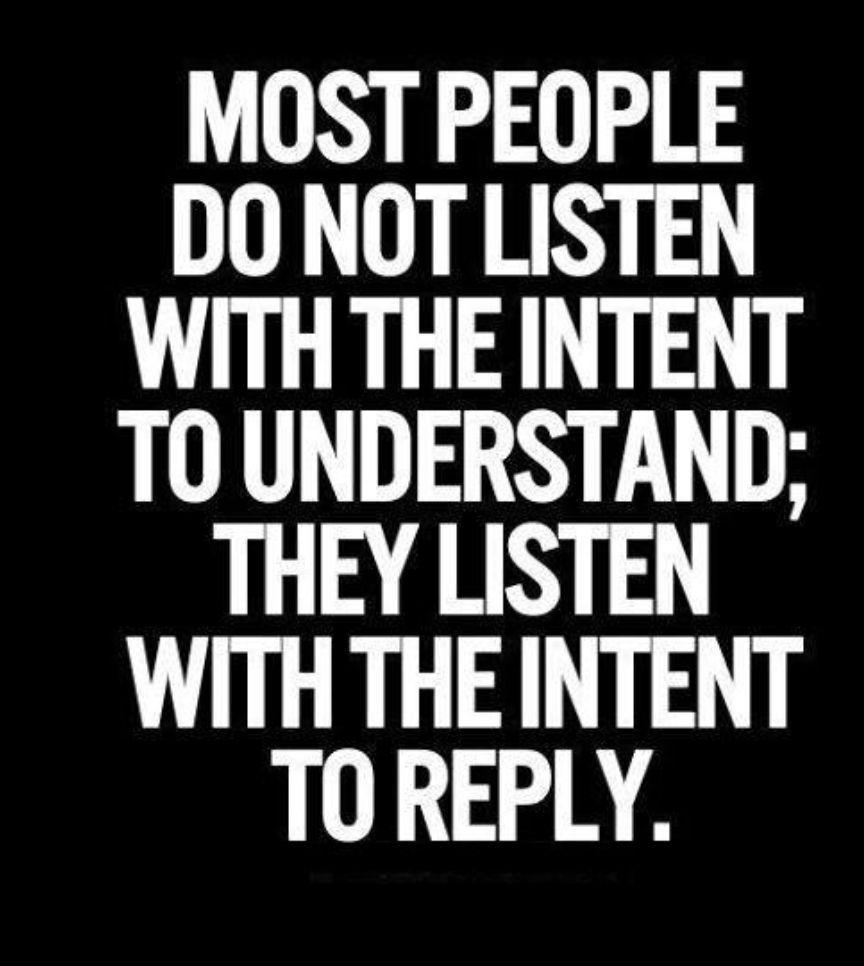








:max_bytes(150000):strip_icc()/Moses-and-the-Ten-Commandments-GettyImages-171418029-5858376a3df78ce2c3b8f56d.jpg)
